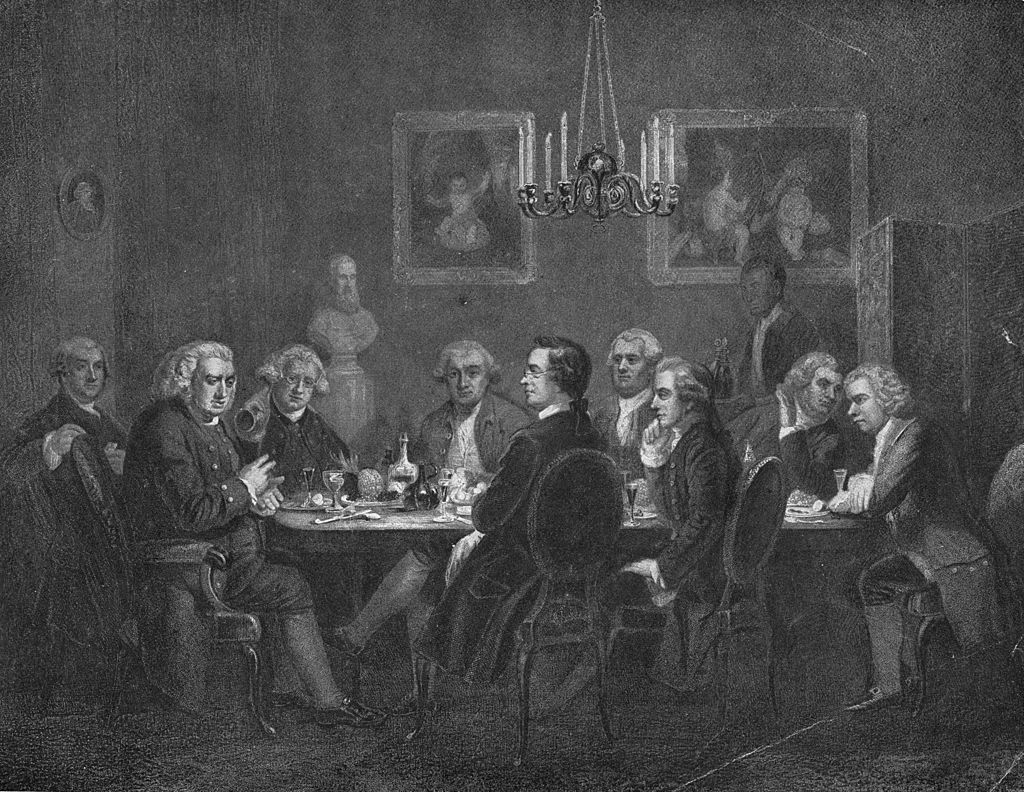A few highlights from all over Europe over the last few days: The new Spanish government is colluding with a movement that openly calls for the dissolution of the Spanish state, the British people are finding out that their governments have been gaslighting them with wrong immigration numbers, the Irish are rioting for similar reasons after an Irish citizen of Algerian descent was stabbing children in Dublin, France is dealing with another mass-stabbing incident that left one dead after a group of “youths” proclaiming their desire to “stab white people” descended on a winter ball in the small city of Crépol, and Europe’s largest economy continues its downward spiral into deindustrialization as a consequence of ludicrous energy policies pushed through by the traffic light coalition in Berlin.
Yet, the mainstream media keeps telling us that neither separatists, mass immigration and the undeniable violence that comes with it, nor delusional energy policies like turning off fully functional nuclear power plants or destroying Europe’s industrial base in the name of “Green deals” are the real problem. It is the Right-wing populists who dare to point out the insanity of it all. Conor McGregor, the Irish Mixed Martial Arts star, is currently being investigated for “inciting hate” after pointing out the absolutely inept immigration policies of his government. Nothing he said is factually wrong. It is just that the government does not like his opinion. France is cracking down on far-Right groups after the incident in Crepol instead of taking stock of its own failed integration policies that have been causing sporadic civil war-like conditions all over the country for over two decades.
Somehow, it is never the failures of the government but the critics who end up being punished. The message, of course, is clear: If they can go after a celebrity like McGregor who has a massive platform and deep pockets to defend himself, they can absolutely destroy the life of an average citizen. This happened to a British man who dared to criticise the display of Palestinian flags in his neighborhood following the October 7 attacks in Israel. It is incidents like these that fuel the rise of Europe’s right.
And maybe the time has come to give these populists a chance? Whether it is the leader of the Party for Freedom (PVV) Geert Wilders in the Netherlands or Alice Weidel of the AfD in Germany, a growing number of European citizens are wondering if they really are a bigger threat to their and their children’s future than the parties currently in power. And the question is justified: From energy to the environment to immigration the supposedly non-populist parties have been an absolute disaster, creating the conditions of a cold civil war all across Europe’s major cities. Sweden, for example, once known as one of the most tranquil and peaceful countries in the world now has gang wars including “child soldiers and blood feuds” as a direct consequence of decades of misguided immigration policies.
Most Europeans are not far-Right, but they are also not comfortable seeing their civilisation embark on a path of prolonged suicide, so many see the current situation as a “break glass in case of emergency” moment. There are significant differences between Europe’s Right wing parties, from more libertarian ones like Wilders’ PVV to more state-interventionist ones like the Freedom Party in Austria or the AfD in Germany.
What they do share in common, however, is a rejection of most of the major policy proposals by the legacy parties, and they do have a point: For decades these parties have mobilized against mass immigration and the potential for civil conflict, only to be ridiculed as being alarmist or conspiratorial. Now we know that they were right. The AfD also opposed Germany’s exit from nuclear energy, and almost all of them are critical of transferring ever more power to an unaccountable bureaucracy in Brussels. Are these views populist or possibly just popular? The EU has shown itself incapable of protecting its borders, and instead of closing down the routes of illegal immigration across the Mediterranean, it turns a blind eye to German government funded NGOs that are under suspicion of cooperating with human traffickers.
Unfortunately, from Dublin to Paris the people in charge are not considering how to reverse the failed policies of the past, but how to silence those who talk about it. In Brussels debates are taking place about how to tackle misinformation, disinformation, and malinformation – which is of course just a very convoluted way of saying “any information we don’t like should be banned”. Pressure on Meta or Elon Musk’s Twitter/X is being increased so that these companies will be forced to act as the prolonged arm of a bureaucracy that wants to maintain the status quo at all cost.
It is a status quo that is no longer working for a growing number of Europeans, and they deserve an alternative. The Right-wing populists claim that they are this alternative. Maybe it is time they get a chance.






We all need heroes: If the West chooses to erase its past, we will have no future – and will be replaced